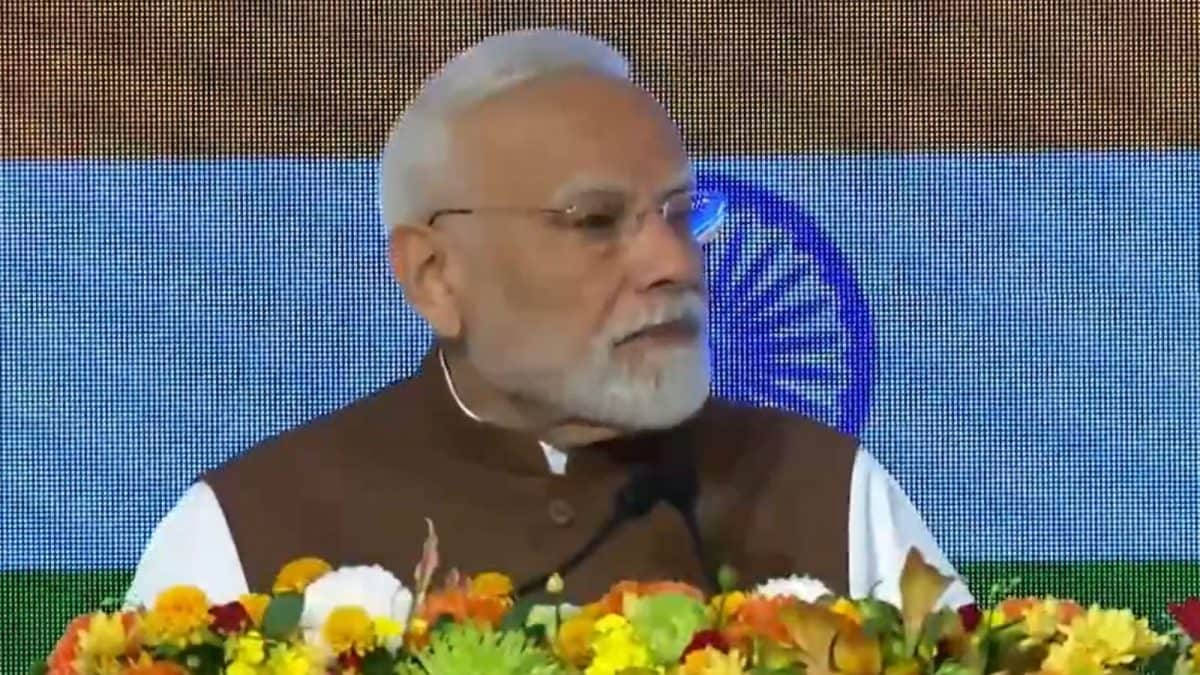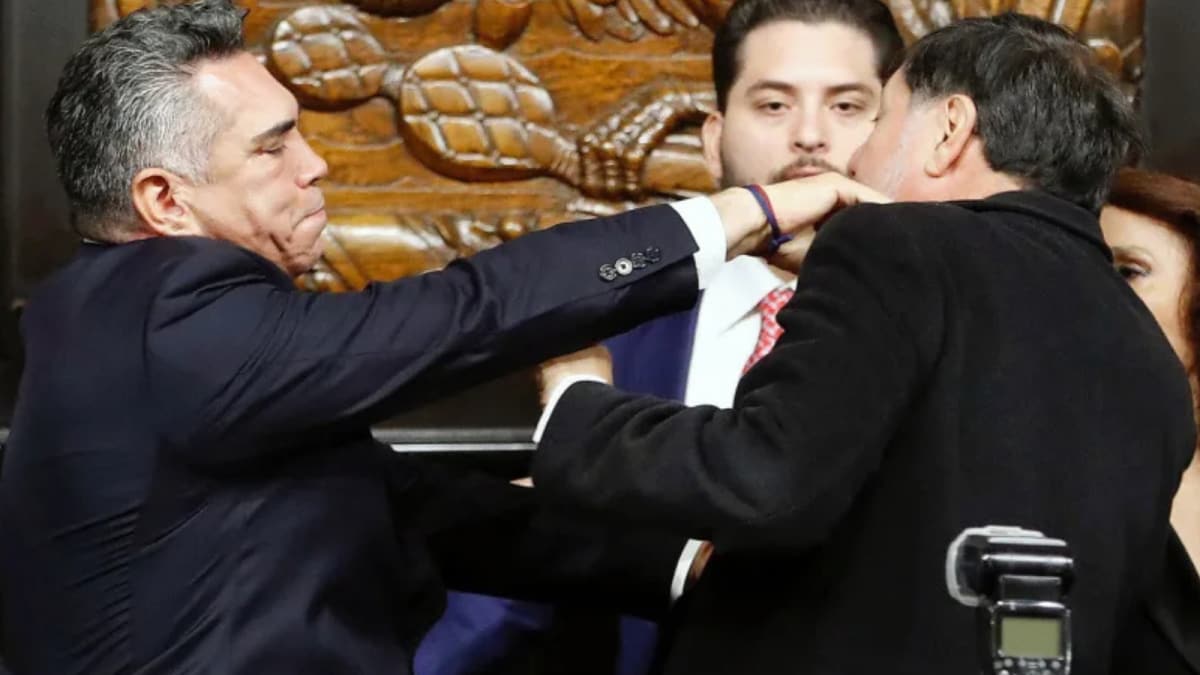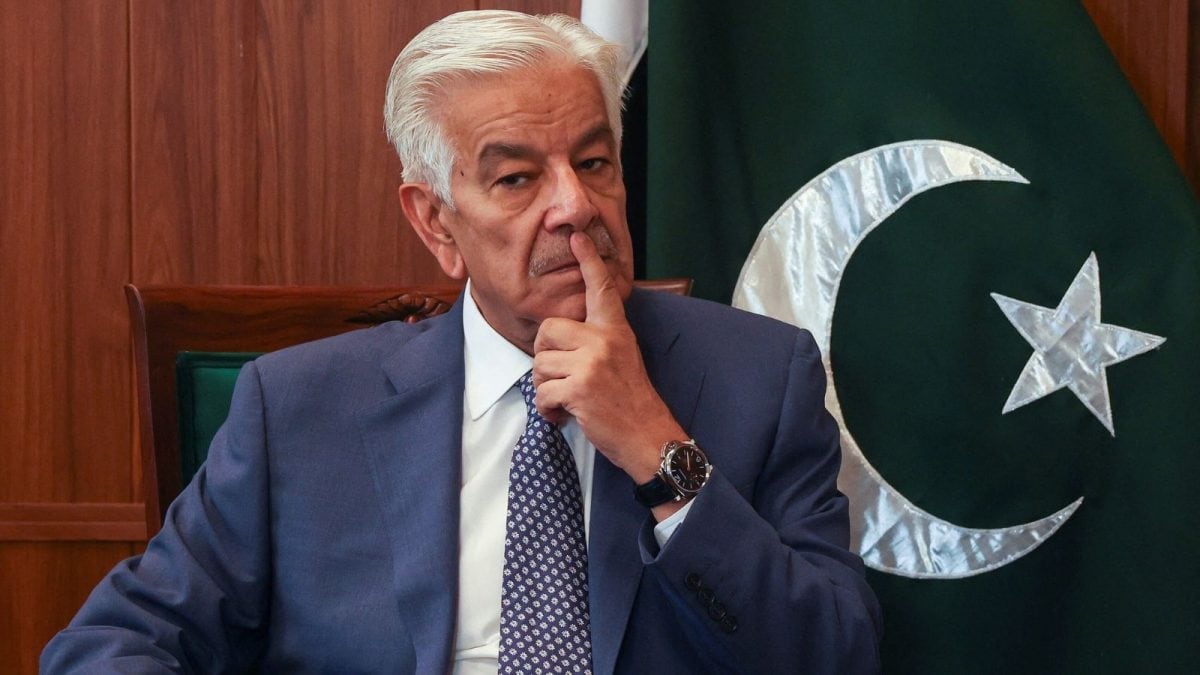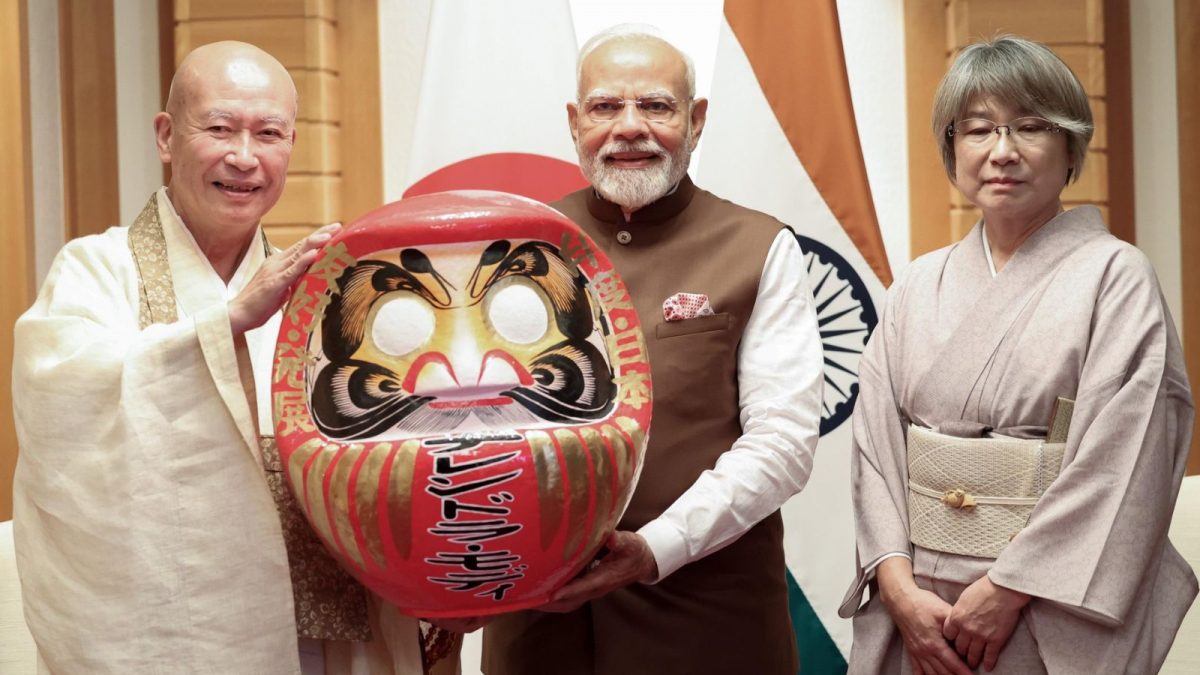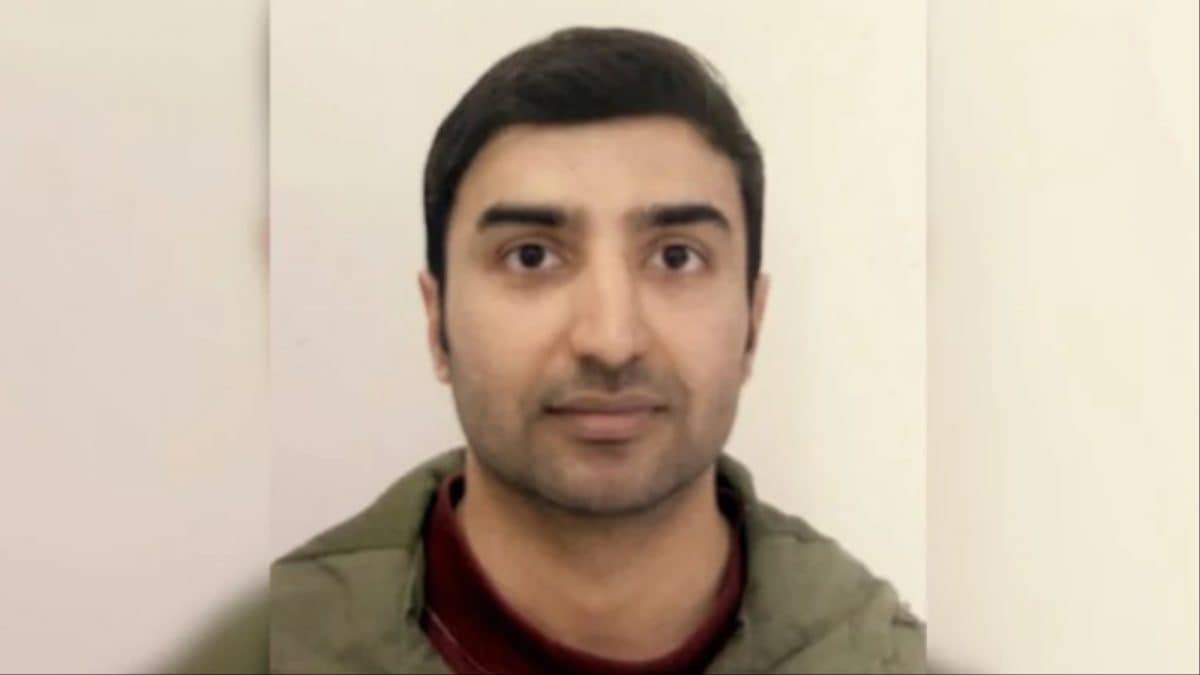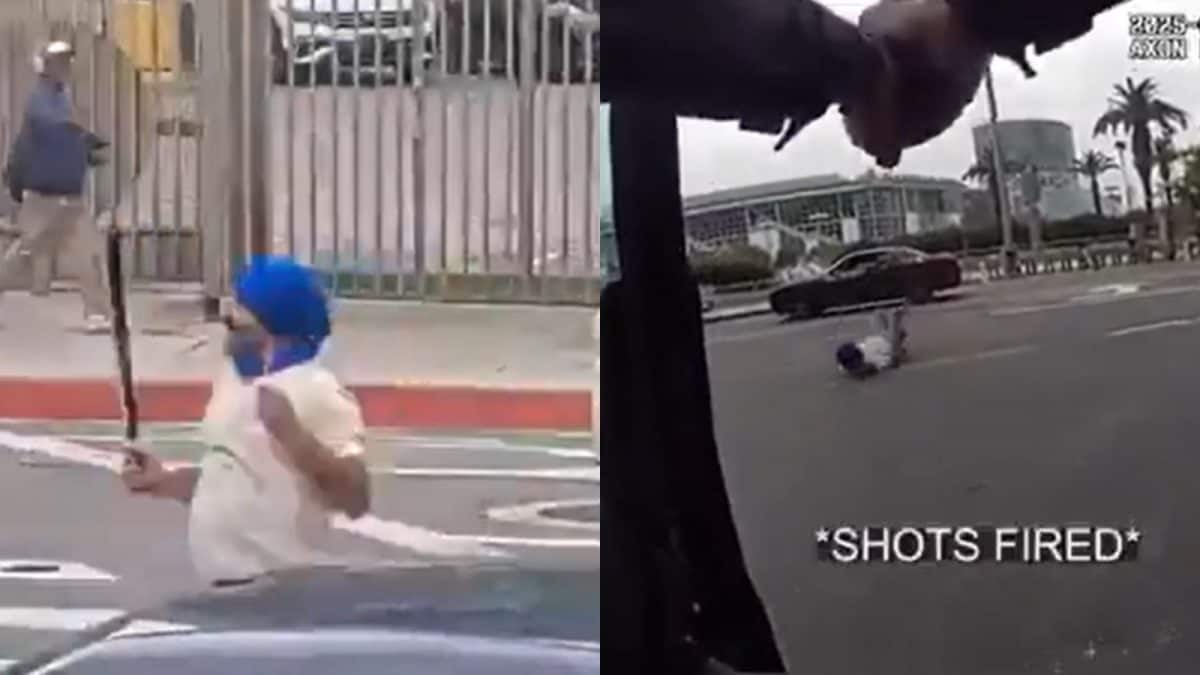The appeals court questioned the imposition of tariffs by Trump without congressional approval. The ongoing case might be moved to the US Supreme Court.
Appellate court judges on Thursday expressed their criticism over President Donald Trump’s legal rationale for his most expansive round of tariffs as judges examined if the president had exceeded his authority just hours before the newest extensive set of duties is about to begin.
WHAT IS THE CONFLICT ABOUT?
The eleven-member panel of judges of the US Court of appeals for the federal circuit in Washington were not convinced of Trump administration's assertion that th president could impose further tariffs without a formal congressional approval and that it deteriorated the invocation of the Emergency Economic Powes Act to do so.
Circuit judge Jimmy Reyna said that the "IEEPA doesn't even mention the word tariff anywhere. He stated the same as a sign of non-belief towards arguments posited by a government attorney as reported by Associated Press. The attorney representing the Trump administration, Brett Schumate, acknowledged in the 99-minute hearing “no president has ever read IEEPA this way” but posited a contention that it was nonetheless lawful.
The appellate judges questioned that contention with Schumate, asking whether the law extended to the domain of tariffs at all and, if it did so, whether the levies matched the threat the administration recognised.“If the president says there’s a problem with our military readiness,” Chief Circuit Judge Kimberly Moore posited, “and he puts a 20% tax on coffee, that doesn’t seem to necessarily deal with it.”
Schumate defended his stance by stating that the Congress' passage of IEEPA gave the president a power which is “broad and flexible" to respond to an emergency, but that “the president is not asking for unbounded authority.”
ALL ABOUT THE LAW
The 1977 law, signed by former President Jimmy Carter grants the president the power to size assets and enable a blockage of transactions during the period of a national emergency. The law was first excercised during the Iran hostage crisis and has since been invoked for a range of global unrest, from the 9/11 attacks to the Syrian civil war.
To this, Trump has reportedly mentioned that the country's trade deficit is so serious that it qualifies for the protection of the law.
An attorney for the plaintiffs, Neal Katyal, characterised Trump's manoeuvre as a “breathtaking” power grab that amounted to saying “the president can do whatever he wants, whenever he wants, for as long as he wants so long as he declares an emergency.”
No ruling was issued from the bench. Regardless of what decision the judges’ deliberations bring, the case is widely expected to reach the U.S. Supreme Court.
Trump weighed in on the case on his Truth Social platform, posting: "To all of my great lawyers who have fought so hard to save our Country, good luck in America’s big case today. If our Country was not able to protect itself by using TARIFFS AGAINST TARIFFS, WE WOULD BE “DEAD,” WITH NO CHANCE OF SURVIVAL OR SUCCESS. Thank you for your attention to this matter!''

In the ongoing case, the Trump administration asserts that “a national emergency exists” necessitating its current course of trade policy. A three-judge panel of the US Court of Trade, a specialised federal court in New York, was unconvinced, however, and ruled on the 28th of May that Trump had exceeded his powers of authority.
The issue now rests with the appeals judges. The challenge strikes at just one batch of import taxes from an administration that has unleashed a bevy of them and could be poised to unveil more on Friday.
CASE HISTORY AND TARIFFS
The case centres on Trump's so-called Liberation Day tariffs of April 2 that imposed new levies on nearly every country. But it doesn't cover other tariffs, including those on auto, aluminium and foreign steel nor ones imposed on China during Trump's first term, and continued by President Joe Biden.
The case is one of at least seven lawsuits charging that Trump overexercised his authority through the use of tariffs on other countries. The plaintiffs include 12 US states and five businesses, including a wine importer, a company selling pipes and plumbing goods, and a maker of fishing gear.
The US Constitution gives the Congress the authority to impose taxes which are inclusive of tariffs, but over decades lawmakers have ceded power over trade policy to the White House. As per the Budget lab at Yale University, Trump has capitalised on the power vacuum, increasing the average U.S. tariff to over 18%, the highest level since 1934.
- Ends
Published By:
Ishita Bajpai
Published On:
Aug 1, 2025
Tune In

 4 weeks ago
4 weeks ago


